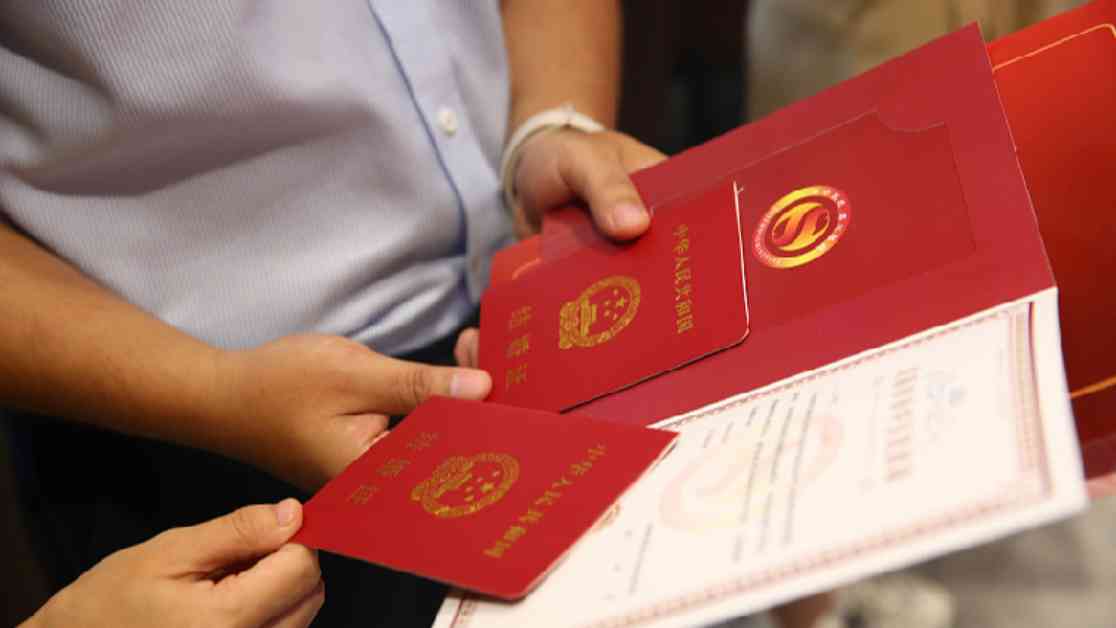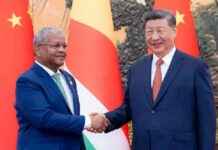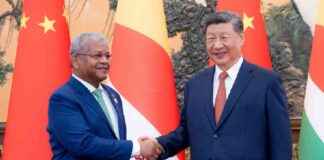Marriage registration in China is undergoing a significant transformation with a new draft revision aimed at simplifying the process and providing more flexibility to couples. The proposed changes will streamline the requirements for registering a marriage, making it easier for mainland couples to officially tie the knot.
Under the new draft revision, couples will only need their identification cards and a signed declaration stating that they are not currently married and have no blood relationship within three generations with the other party to register their marriage. This marks a departure from the current practice, which also requires individuals to bring their resident household registration books for marriage registration.
The move towards a more simplified registration process is a welcome change for many couples who have found the current requirements cumbersome and time-consuming. By reducing the number of documents needed to register a marriage, the new draft aims to make the process more efficient and accessible to a wider range of couples.
In addition to streamlining the documentation requirements, the revised draft also lifts the restriction on the marriage registration locations. Currently, couples are required to go to the marriage registration offices within the regions of their permanent residence to complete the procedure. However, under the proposed changes, couples will have the flexibility to choose the registration location that is most convenient for them.
This increased flexibility in registration locations has been met with positive feedback from many netizens, who see it as a step towards improving efficiency and convenience in the marriage registration process. One user on the Sina Weibo platform shared a personal anecdote about the challenges he faced trying to obtain his resident household registration page from his employer’s collective registration book, highlighting the need for a more flexible approach to marriage registration.
The draft revision represents the first update to the marriage registration ordinance since it was enacted in 2003. To gather feedback on the proposed changes, the Ministry of Civil Affairs has invited the public to offer their opinions via the official website, email, or by mail until September 11. This open consultation process allows stakeholders to provide input and suggestions to help shape the final version of the revised ordinance.
Official data shows that 3.43 million couples registered their marriage in the first half of this year, which is half of the figure from the same period in 2014. Experts attribute this decline to a variety of factors, including a shrinking population of eligible individuals, shifting attitudes toward marriage, and financial concerns. Many young people are choosing to postpone marriage until they feel personally ready, reflecting a broader trend towards delayed marriage in Chinese society.
Zhou Haiwang, a researcher with the Shanghai Academy of Social Sciences, notes that more youngsters are prioritizing their personal development and career goals before settling down. This shift in mindset has contributed to a decrease in the number of couples registering their marriage, as young people focus on building their own lives before committing to a lifelong partnership.
In addition to simplifying the marriage registration process, the draft revision also introduces a 30-day “cooling-off period” for divorce. During this period, either party may withdraw their application if they do not wish to proceed with the divorce. Marriage registration offices are instructed to terminate the divorce process if either party decides to reconcile during the cooling-off period, providing couples with an opportunity to reconsider their decision before finalizing the divorce.
Overall, the proposed changes to the marriage registration process in China aim to make it more user-friendly, efficient, and flexible for couples. By reducing the documentation requirements and offering more options for registration locations, the revised ordinance seeks to modernize the marriage registration system and adapt to the changing needs and preferences of contemporary couples. As the public consultation period continues, stakeholders have the opportunity to contribute their perspectives and shape the future of marriage registration in China.
Streamlined Requirements for Marriage Registration
The new draft revision of the marriage registration ordinance in China aims to simplify the requirements for registering a marriage, making the process more accessible and efficient for mainland couples. Under the proposed changes, couples will only need their identification cards and a signed declaration confirming that they are not currently married and have no blood relationship within three generations with the other party. This streamlined approach eliminates the need for individuals to bring their resident household registration books, reducing the paperwork and time required to complete the registration process.
Flexibility in Registration Locations
In addition to streamlining the documentation requirements, the revised draft also allows couples to choose their preferred registration location, providing more flexibility and convenience. Currently, couples are required to go to the marriage registration offices within the regions of their permanent residence to register their marriage. However, under the proposed changes, couples will have the option to select a registration location that is most convenient for them, eliminating the need to travel to a specific office for the registration process. This increased flexibility reflects a commitment to improving the user experience and accessibility of the marriage registration system in China.
Open Consultation Process and Public Feedback
To gather feedback on the proposed changes, the Ministry of Civil Affairs has invited the public to offer their opinions on the draft revision via the official website, email, or by mail until September 11. This open consultation process allows stakeholders, including couples, legal experts, and civil society organizations, to provide input and suggestions to help shape the final version of the revised ordinance. By engaging with the public and incorporating diverse perspectives, the government aims to ensure that the revised marriage registration system meets the needs and expectations of couples in China.









![Indie music fans gather at l’Antipode for [Face B] Kool Things soirée on Saturday night news-15112024-105933](https://shanghainewstv.com/wp-content/uploads/2024/11/news-15112024-105933-218x150.jpg)







